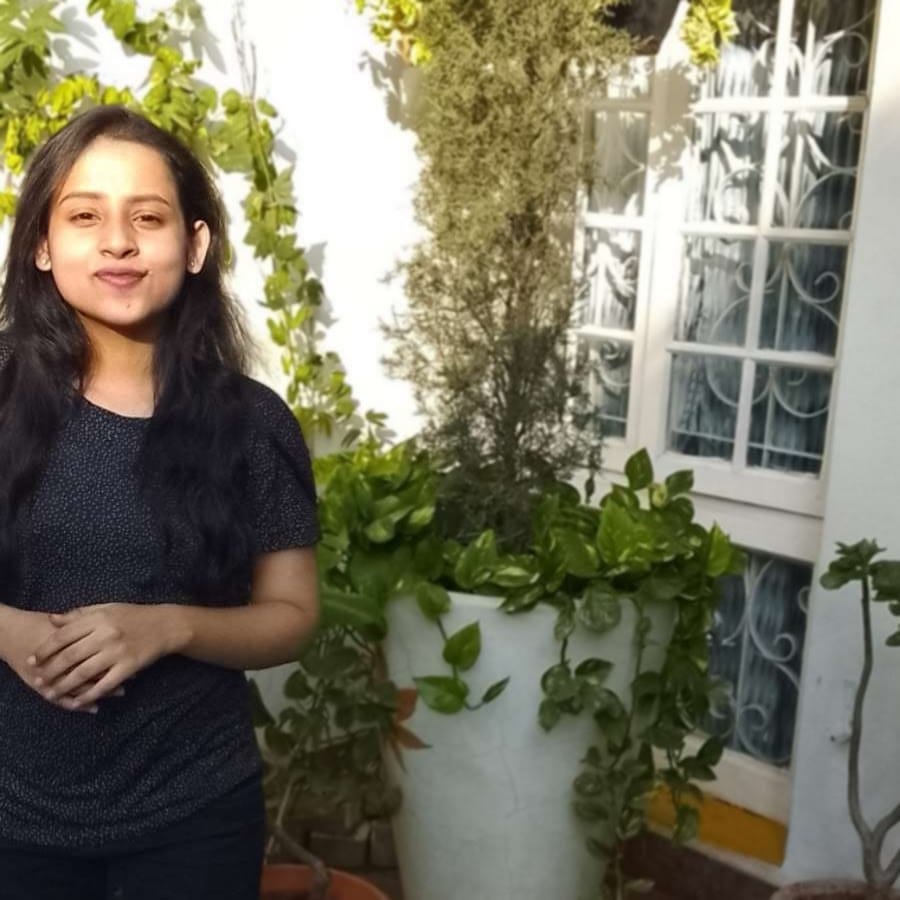
Indian constitution is one of the largest constitutions in the world. It provides the citizens of India with numerous rights. Rights and duties are bought into existence with the help of social customs, ethical principles, morals, and judicial decisions. Establishing rights enables peaceful coexistence in society and helps in protecting individuals. Rights are amendable from time to time with the changes in society. Fundamental rights are rights that come naturally to every citizen and they cannot be taken away. Rights are specifically identified in the constitution or due process of law. Fundamental rights are essential for development in society and in ensuring the dignity of life, equality, liberty, and justice.
Did you know?
Part III of Indian constitution which contains fundamental rights is also known as MAGNA CARTA.
What are fundamental rights?

Fundamental rights are embedded in Part III of the Indian constitution. Fundamental Rights are defined as basic human freedoms which every Indian citizen has the right to enjoy for proper and harmonious development of personality. These rights universally apply to all citizens, irrespective of race, place of birth, religion, caste, creed, color, or sex, and also prohibit discrimination on all grounds. Fundamental rights protect the cultural and educational rights of ethnic and religious minorities by enabling them to preserve their languages and build up their educational institutions. They are enforceable by the courts, subject to certain restrictions. Fundamental rights are protected and guaranteed by the constitution.
Did you know?
Right to Property was removed as a fundamental right through the 44th Constitutional Amendment in 1948.
Let’s now see in detail the fundamental rights available to Indian citizens:
1.Right to Equality
It is one of the most essential right present. It prohibits inequality and ensures all the citizens to have equal rights. It mainly forbids discriminations in the society. It applies to all the citizens regardless of one’s status, income and background. The right to equality is discussed in Articles 14 to 18.
- Article 14 Equality before law.
- Article 15 Prohibition of Discrimination
- Article 16 Equality of Opportunity in Public Employment
- Article 17 Abolition of Untouchability
- Article 18 Abolition of Titles
2.Right to Freedom
Right to freedom gives powers to the individuals to live freely without any oppression . It ensures absence of constraints and coercion. However, there can be certain restrictions in some specified conditions. Right to freedom is legal and moral entitlement. It is discussed in the Articles 19-22.
- Article 19 Protection of 6 Rights
- Right to freedom of speech and expression.
- Right to assemble peaceably and without arms.
- Right to form associations or unions or co-operative societies.
- Right to move freely throughout the territory of India.
- Right to reside and settle in any part of the territory of India.
- Right to practice any profession or to carry on any occupation, trade, or business.
- Article 20 Protection in Respect of Conviction for Offences
- Article 21 Protection of Life and Personal Liberty
- Article 22 Protection Against Arrest and Detention
3. Right Against Exploitation
The fundamental right, right against Exploitation promised to all the citizens and non-citizens. It forbids child labor and human trafficking (trading of men and women for unethical purposes). It ensures absolute prohibition. It states that children below the age of 14 are not allowed to work in mines or any hazardous industries.
- Article 23 Prohibition of Human Trafficking and Forced Labor
- Article 24 Prohibition of Child Labor
Did you know?
According to the surveys and reports, 79% of human trafficking is for sexual exploitation.
4. Right to Freedom of Religion
Religious freedom in the country ensures secularity. As per the Preamble, All the citizens have the liberty to choose, express and belief their respective religion. There should be no special status to all the religions and all the religions should equally be respected. The Supreme Court of India in the 1994; S. R. Bommai v. Union of India established the fact that India was secular since the formation of the republic. The word secularism had been inserted in the Indian constitution with 42nd Amendment Act, 1976. Right to freedom of religion is covered under Article 25-28.
- Article 25 Freedom of Conscience, Profession, Practice, and Propagation
- Article 26 Freedom to Manage Religious Affairs
- Article 27 Freedom from Taxation for Promotion of a Religion
- Article 28 Freedom from Attending Religious Instruction
5. Educational and Cultural Rights
This fundamental right is covered under Article 29 and Article 30. India is a diverse country with various ethnic backgrounds, cultures, races, communities, scripts, languages. This fundamental right gives the individuals to protect their culture and language. It lets everyone to enjoy their culture without any sort of discrimination and lets them to lead their life with dignity and peace. It also ensures ones culture to not be a barrier for reciving education.
- Article 29 Protection of Interests of Minorities
- Article 30 Right of Minorities to Establish and Administer Educational Institutions
6. Right to Constitutional Remedies
Right to constitutional remedies is a fundamental right which provides the citizen with right to seek relief from the courts of law in India. It gives a right to the individuals to approach the Supreme courts or any high courts when their rights have been violated. All the citizens have equal right to appeal to the court of law for justice. It gives the citizens the power to fight for their fundamental rights when compromised.
- Article 32 Right to remedies for the enforcement of the fundamental rights using five writs.
Also Read 10 Rights That Women Should Know In India
Did you know?
DR. B.R Ambedkar said Article 32 is “the very soul of constitution.”
Right to Privacy
Right to Privacy enables the individuals to live peacefully without the interference of the State and non-states. It allows individuals to make life choices autonomsly. The apex court of India, Supreme court; has made several amendments to create this right.
“As per Article 21, No person shall be deprived of his life or personal liberty except according to procedure of law”
Did you know?
Rights are claims of the citizens against the State.
Right to education
Right to education is discussed in the Article 21A of the Indian constitution. It was inserted in the constitution with 86 th Amendment Act, 2002. It ensures compulsory education for the children ageing 6-14 years. Later in 2009, Right of Children to Free and Compulsory Education Act, was introduced. This act mandates that no child can be expelled from school till class 8.
Did you know?
Literacy rate in India has increased 6 times since independence.



